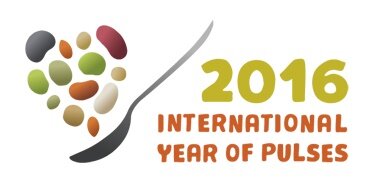UN Women Back
UN Women entered Georgia in 2001 (as UNIFEM) with its regional project Women for Conflict Prevention and Peace-building in the Southern Caucasus that ended in December 2006. In the context of “frozen” conflicts, for over six years this Regional Project implementation has worked to use gender as a strong - and at times, singular - entry-point to encourage people-to-people diplomacy and informal dialogue among conflicting parties. The Project tackled the two-fold challenge of bridging the gender inequalities and gaps which pre-dated the conflicts, and trying to increase awareness and participation of/about women in the post-conflict processes.
UNIFEM renewed its presence in Georgia in 2008 by hiring a Gender Adviser for Georgia and becoming an active member of the UN Country Team, chairing Gender Theme Group and playing decisive role in mainstreaming gender into UNDAF 2010-2015. Immediately, UNIFEM engaged in Georgia’s post August 2008 War response and programming interventions, conducting comprehensive Rapid Needs Assessment of IDP Women as a Result of August 2008 Events that provided with a clear vision of gaps and needed interventions from the viewpoint of women’s empowerment and gender equality. In the following years, UNIFEM and presently UN Women managed to raise funds around the identified needs in the area of women’s empowerment and gender equality and for the time being the UN Women portfolio in Georgia is comprised of interventions in the areas of: Women, Peace and Security, Elimination of Violence against Women, Social and Economic Empowerment of Women, Mainstreaming gender into national planning and budgeting processes.
Goal
UN Women focuses its activities on one overarching goal: to support the implementation at the national level of existing international commitments to advance gender equality. In support of this goal, UN Women in Georgia works in the following thematic areas:
- Women, Peace and Security
- Elimination of Violence against Women
- Social and Economic Empowerment of Women
- Mainstreaming gender into national planning and budgeting processes
Priority Areas
Women, Peace and Security - focusing on supporting the efforts and building the capacities of IDPs and conflict-affected women’s groups and other national partners from government to advance gender equality and women’s human rights. UN Women has provided technical support to the Gender Equality Council of the Parliament in the development and adoption of the National Action Plan (NAP) for the implementation of UN Security Council Resolutions on Women, Peace and Security (UN SCR 1325 et al.), which has been adopted in December 2011. UN Women project “Women for Equality, Peace and Development in Georgia” (WEPD, funded by Norway) has been working with internally displaced and conflict affected women since 2010 and since 2013 also with national minority women in order to advance their human rights and ensure their access to legal, social, and economic services.
Greater engagement of women in formal and informal peace and confidence building processes are supported by WEPD programme and EU/UN Women Programme “Innovative Action for Gender Equality” (IAGE). In this area of work UN Women is bringing Abkhaz, Georgian and Ossetian women from the communities divided by the ceasefire lines together through people-to-people diplomacy work, using social media, and social arts and other cultural initiatives. UN Women also creates space for direct dialogue among women’s rights and peace activists and the Georgian participants of formal peace process – Geneva International Discussions, to ensure that women’s civil society groups are informed and contribute to the this process.
Elimination of Violence against Women - focusing on addressing the lack of services for victims/survivors of domestic violence; In partnership with government and NGO stakeholders and funding from Sida, UN Women succeeded in setting up the first two state supported shelters (in Tbilisi and Gori) and a nation-wide hotline for the victims/survivors of domestic violence. Since May 2011, the State Fund for the Protection and Assistance to the (Statutory) Victims of Domestic Violence has been maintaining the shelters and hotline with funding from the state budget. UN Women has carried out a vigorous awareness raising campaign to promote the number of the newly established DV hotline (2 309-903), involving celebrities from the fields of sport and arts in the campaign.
Since March 2012, UN Women, UNDP, and UNFPA started implementation of the UN Joint Programme to “Enhance Gender Equality in Georgia” (UNJP) with generous support by Sida. The overall goal of the programme is to promote gender equality and women’s empowerment through strengthening capacities in the government, civil society organizations and grassroots level.
UN Women leads work under the second outcome of the UNJP being responsible for the creation of an enabling environment to eliminate violence against women, especially domestic violence in Georgia. UN Women works towards improvement of national laws and policies on domestic violence in line with international commitments (DEVAW CEDAW, Beijing Platform for Action, Istanbul Convention). Its interventions focus inter alia on the improvement of services and protection mechanisms for the DV victims/survivors.
Social and Economic Empowerment of Women – this direction of work is mainstreamed throughout programmes and activities, UN Women project Women for Equality, Peace and Development puts emphasis on social mobilization of IDPs, conflict-affected and national minority communities to organize through self-help groups, empowering them and building their capacities to better understand their rights and responsibilities, and enhance their access to social protection and economic opportunities. In addition, UN Women through its implementing partner NGOs offers women victims/survivors of domestic violence vocational education, career advice and job placement services.
Mainstreaming gender into national planning and budgeting processes – in the frameworks of EU supported IAGE programme, UN Women supports data collection process on the needs of excluded groups of women among national minority, imprisoned and formerly imprisoned, IDP and conflict affected women, also among women residing in isolated mountainous settings. In parallel to generation of findings regarding the needs of these groups of women, IAGE strengthens the capacities of civil society actors in evidence based advocacy for gender sensitive policymaking, as well as supports the capacity development of policymakers in the field of gender mainstreaming.
GRB is also actively utilized and promoted by WEPD programme especially for mainstreaming gender into local level planning and budgeting processes.
Head of Agency:
Ms. Erika Kvapilova
UN Women Country Representative in Georgia
Contact Person:
Gvantsa Asatiani
Communications and Outreach Specialist
Address: 3, Kavsadze street, office suite #11, 0179 Tbilisi
E-mail: Gvantsa.asatiani@unwomen.org
Tel.: (995 32) 222 06 04, 222 08 70
Fax: (+995 322) 225479
Webpage: http://georgia.unwomen.org/en


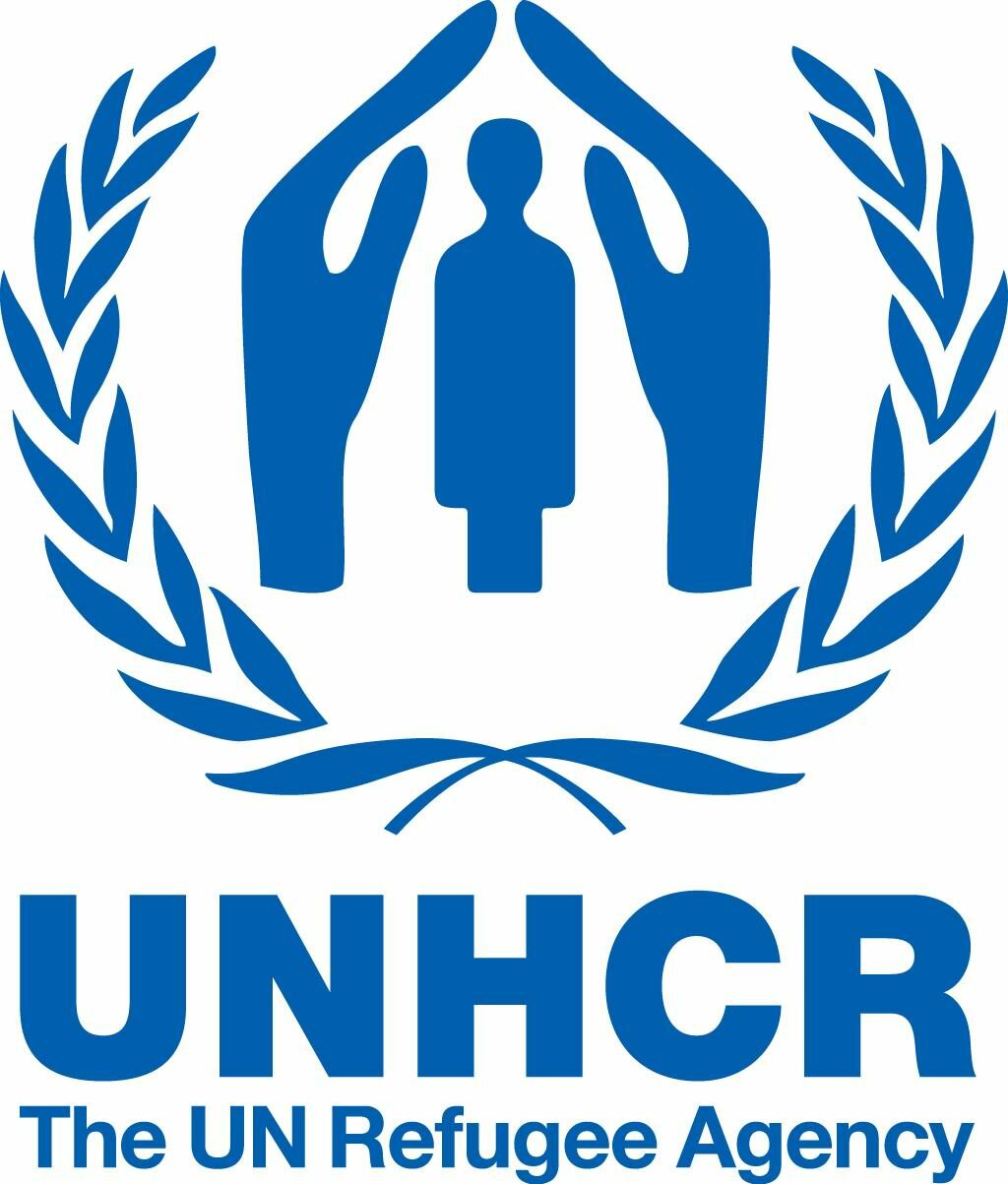
.jpg)

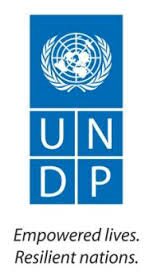
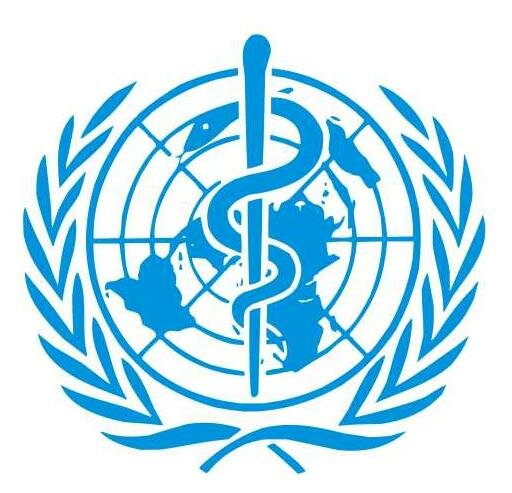

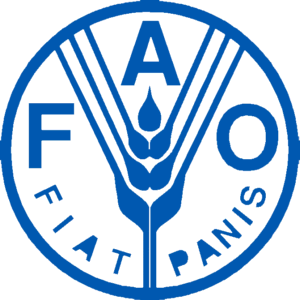
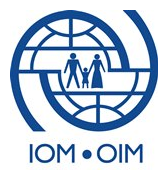
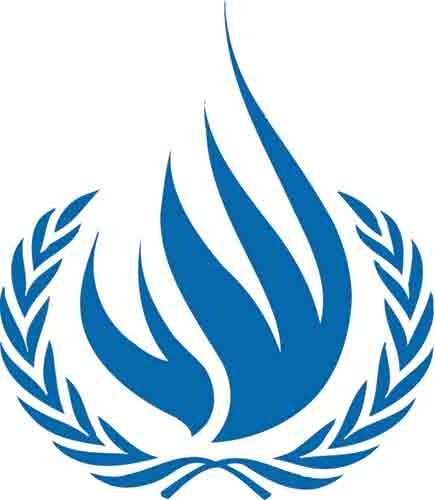
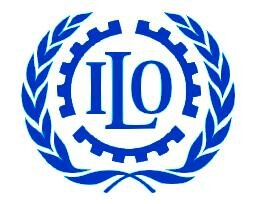
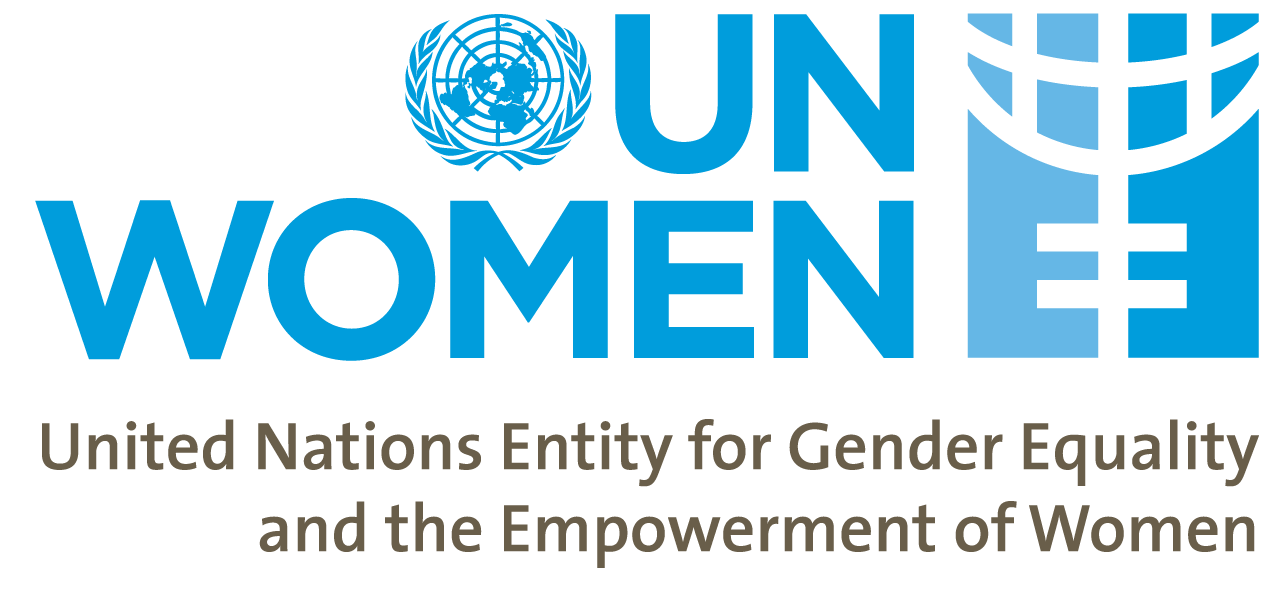
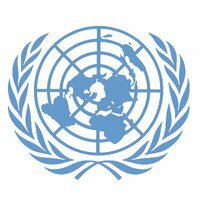



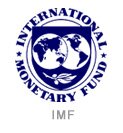

.jpg)

